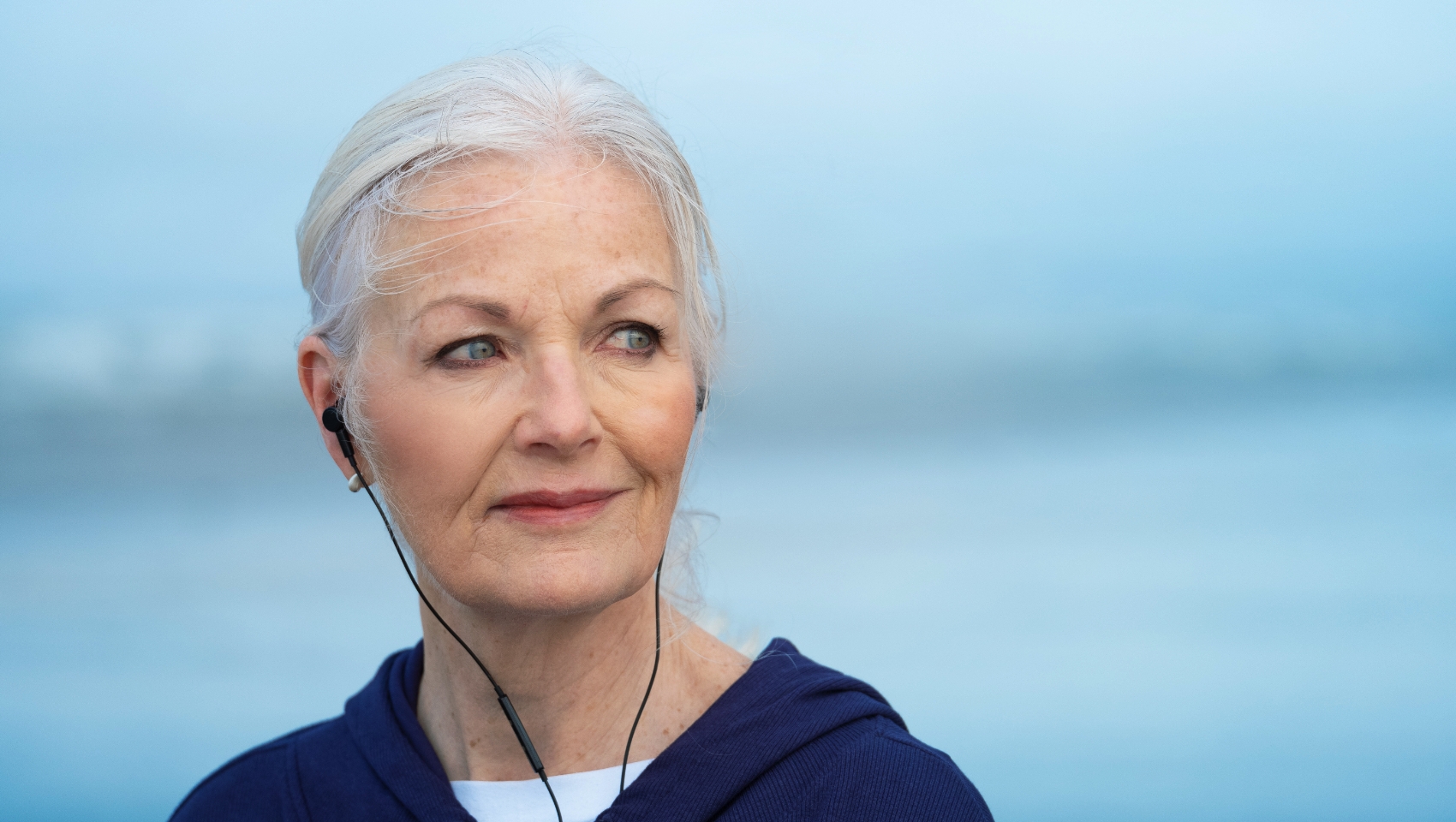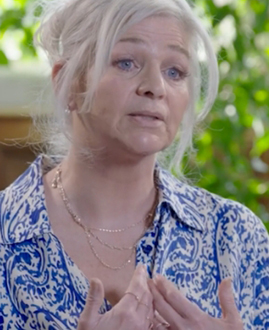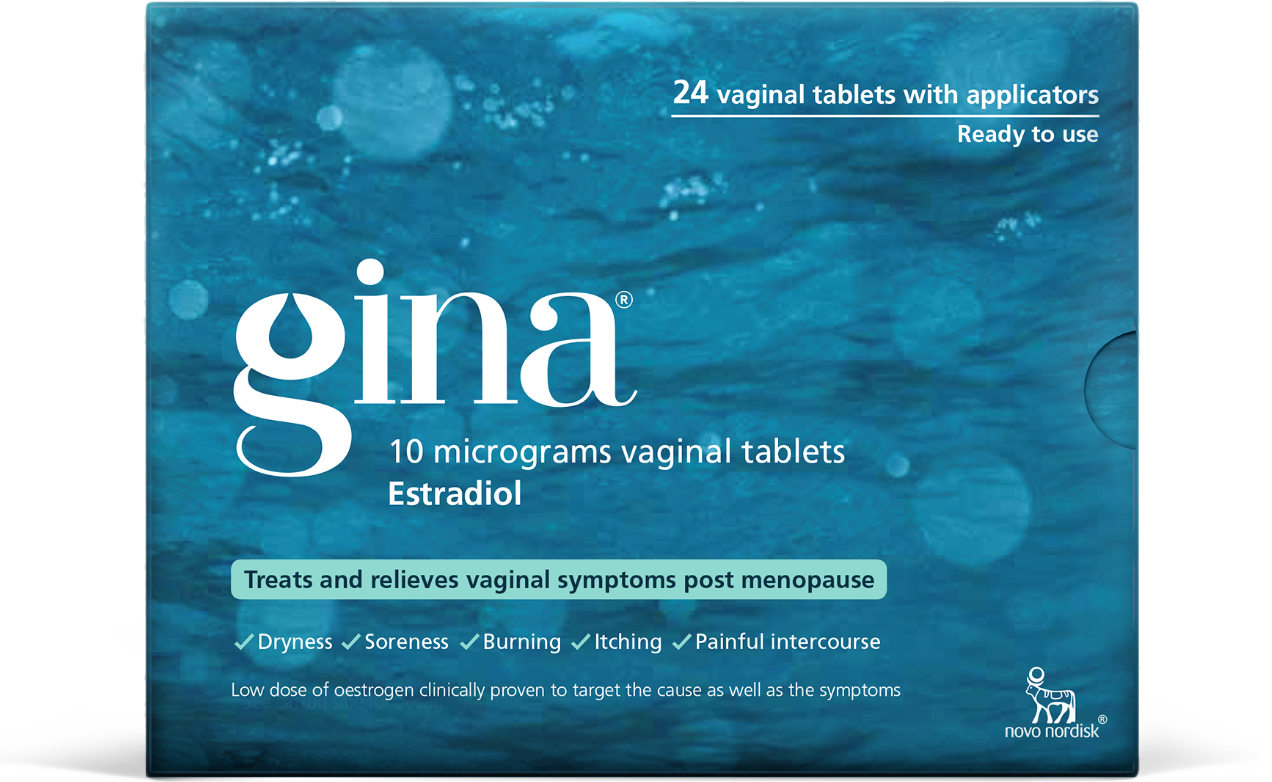
Most women will experience the menopause – when women stop having periods and can no longer get pregnant naturally. It’s part of the ageing process and occurs due to the natural decline of oestrogen levels in the body.
It happens to most women between 45 and 55 years of age, with the average age being 51, and is defined as having occurred when there have been no natural periods for 12 consecutive months. As it approaches, the frequency of periods usually slows over a few months, or years, although this will vary from woman to woman.
When we talk about menopause, this often includes both perimenopause and postmenopause:
PERIMENOPAUSE
This is when your periods become less regular and begin to disappear in the lead up to the menopause.
POSTMENOPAUSE
12 months after your last period, you are classed as being postmenopausal.
Although it is a natural process, for some women it can be an unsettling or worrying time.

Women experience the menopause differently. Nonetheless, symptoms like hot flushes, sweats, low mood, reduced libido and difficulty sleeping are common. Some women also have memory issues, heart palpitations and mood swings. These symptoms usually decline over time.
However, some symptoms of the menopause relate to more personal and intimate matters, so they are much less likely to be talked about. One of these is vaginal dryness.
Unlike many of the other symptoms of the menopause, vaginal dryness is often progressive, which means that, if left untreated, it can get worse over time. The impact of the symptoms can vary greatly from woman to woman – from minor irritation to greater discomfort.
For many women, vaginal dryness can mean experiencing soreness and pain during sex. Understandably, this also makes vaginal dryness an intimate and delicate matter that women may be reluctant to talk about - with partners, with friends or with healthcare professionals.
Gina has been created specifically to help postmenopausal women treat their vaginal dryness effectively and discreetly.
Help and advice
Learn more about Gina
Was this content useful?

It felt great, like sex is supposed to feel.
The only vaginal tablet available, effective at treating the cause of vaginal dryness after the menopause without prescription.
